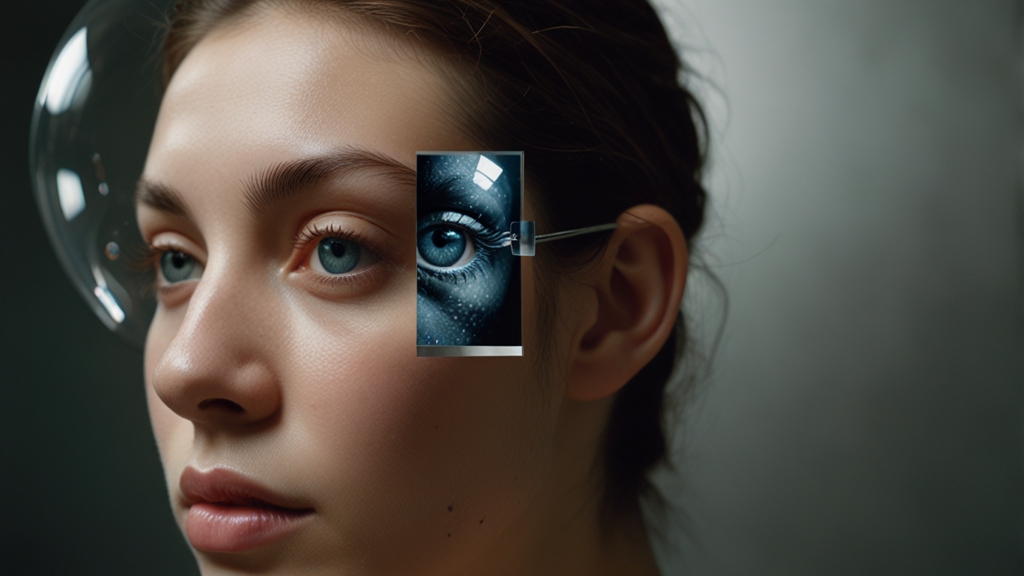The Paradox of Duality: Examining Life Through a Metaphysical Lens
The concept of duality permeates nearly every aspect of existence, threading its way through philosophy, science, and daily life. From the ancient teachings of Eastern philosophies to modern scientific paradigms, duality challenges our understanding of reality and our place within it. But what if duality itself is a paradox? By examining life through a metaphysical lens, we can explore the complexities and nuances that define our dual nature and, perhaps, glimpse the underlying unity that ties it all together.
The Dance of Opposites
Duality manifests in numerous forms: light and dark, good and evil, male and female, mind and body. This interplay of opposites is a fundamental aspect of how we perceive and interpret the world. In Taoist philosophy, the concept of yin and yang epitomizes this dance of opposites. Yin represents qualities such as femininity, darkness, and receptivity, while yang represents masculinity, light, and activity. Yet, these opposites are not in conflict but are complementary, each containing a seed of the other, creating a dynamic balance.
"Without contraries, there is no progression. Attraction and repulsion, reason and energy, love and hate, are necessary to human existence." – William Blake
In Western thought, duality often appears in the form of binary distinctions. René Descartes famously posited the mind-body dualism, asserting that the mind and body are separate entities. While this perspective has significantly influenced Western philosophy and science, it has also led to a dichotomy that many find limiting. The rise of holistic and integrative approaches in recent years reflects a growing recognition of the interconnectedness of these so-called separate elements.
Quantum Paradoxes
Modern science, particularly quantum physics, adds another layer to our understanding of duality. The wave-particle duality of light, for example, suggests that light can exist both as a wave and as a particle, depending on how we observe it. This phenomenon challenges our conventional notions of reality and forces us to confront the limitations of binary thinking.
"Anyone who is not shocked by quantum theory has not understood it." – Niels Bohr
Quantum entanglement further complicates the picture, suggesting that particles can remain interconnected even when separated by vast distances. These insights invite us to ponder the possibility that duality is not a strict separation but rather a more complex and interwoven relationship.
Unity in Duality
While duality presents itself as a paradox, it also invites us to seek unity within this duality. Many spiritual traditions teach that the seeming separation of opposites is an illusion. In Hinduism, the concept of Advaita (non-duality) asserts that the ultimate reality is a singular, undivided whole. Similarly, mystics across cultures speak of experiences that transcend dualistic distinctions, revealing a profound interconnectedness of all things.
At the individual level, embracing the paradox of duality can lead to a more balanced and harmonious life. Acknowledging and integrating both aspects of our nature—masculine and feminine, light and shadow, reason and emotion—can foster a deeper understanding of ourselves and our relationships with others.
The Middle Path
The Buddhist concept of the Middle Way offers a practical approach to navigating the paradox of duality. By avoiding extremes and seeking balance, we can cultivate a more nuanced perspective that honors the complexity of our experiences. This path encourages us to transcend binary thinking, allowing for greater flexibility and adaptability in our responses to life's challenges.
"In the midst of movement and chaos, keep stillness inside of you." – Deepak Chopra
Conclusion
The paradox of duality challenges us to expand our understanding of reality and our place within it. By examining life through a metaphysical lens, we can begin to see beyond the surface of binary distinctions and appreciate the intricate dance of opposites that defines our existence. In doing so, we may discover a deeper unity that transcends duality, offering us a more holistic and integrated way of being.





